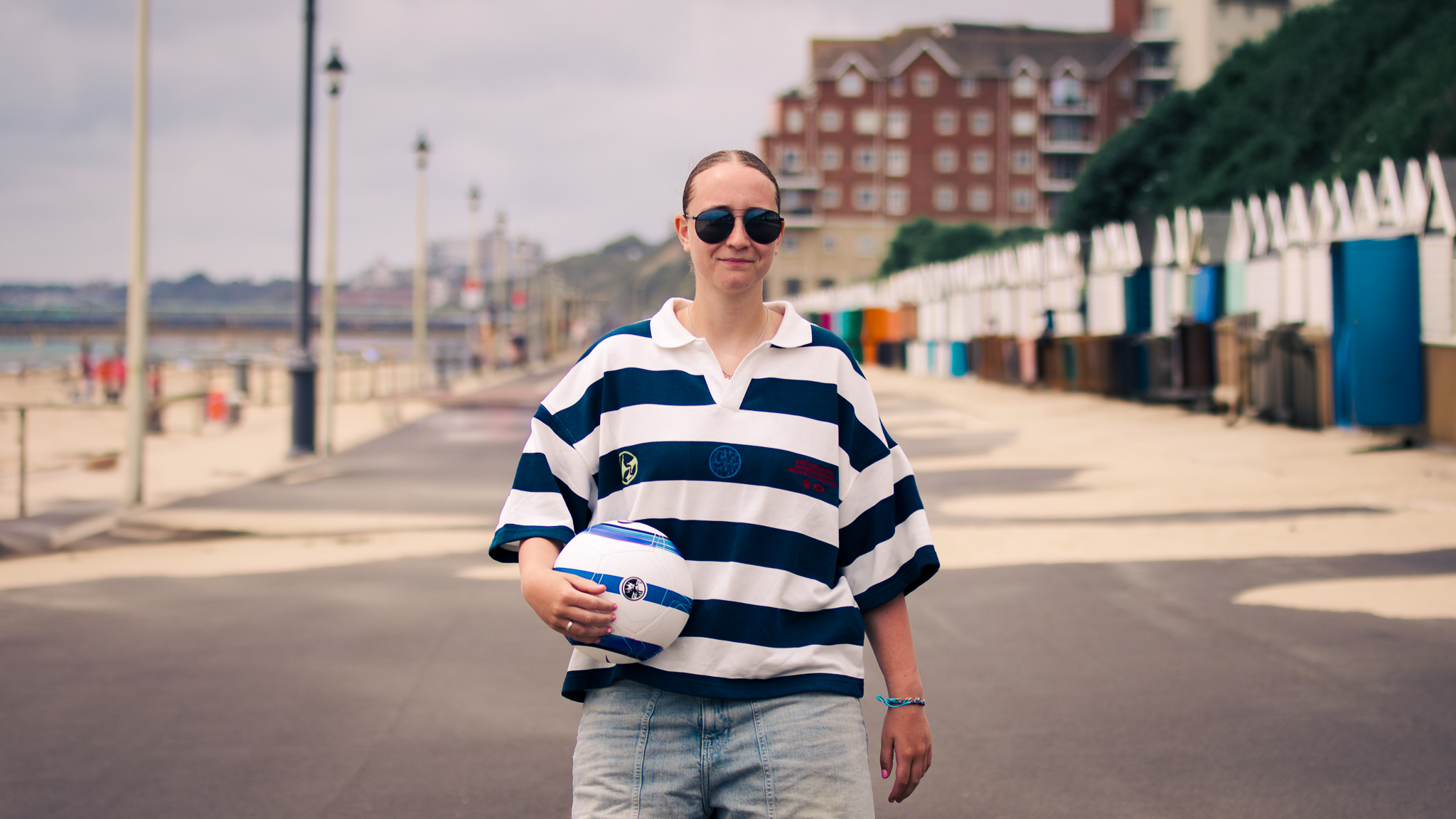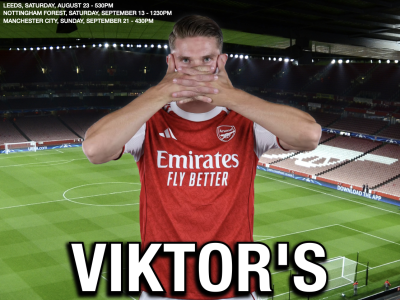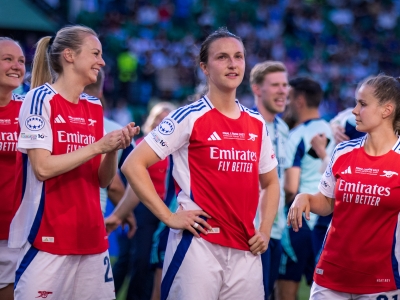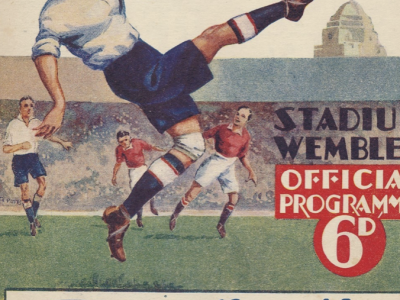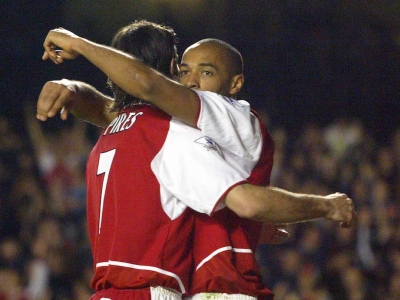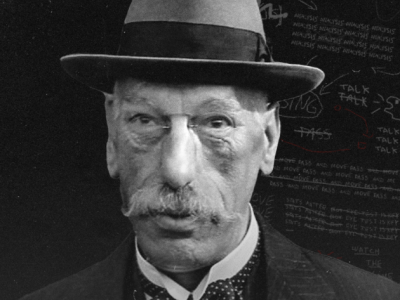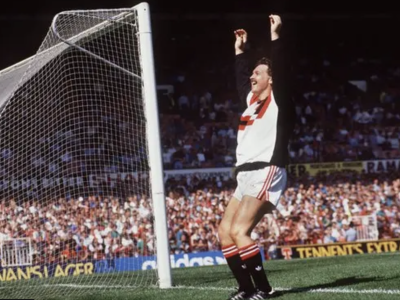Maddison Millington-Stanbury is in the middle of an important summer. Three years with Arsenal’s academy have come to a natural end, and her next step is a crucial one.
Bournemouth is Maddison’s home town, and as is the case this time of year is busy with visitors looking to enjoy a day by the seaside. We speak on Boscombe Beach, where sand is being whipped along the promenade by the wind and only a few people are braving a swim. Steep cliffs give way to pretty beach huts, no two painted the same colour.
Offers are coming thick and fast from clubs offering her a permanent venture into senior football, and the one she would go on to accept- with third tier Oxford United- begins to materialise almost as soon as our conversation comes to an end.
Another strong addition between the sticks. Big welcome to Maddison Millington-Stanbury ? pic.twitter.com/Us6tauqMkO
— Oxford United Women FC (@OfficialOUWFC) July 4, 2025
Some things, however, are far more important than transfers, and the 19-year-old is ready to tell her story, and share something only a handful of teammates and coaches, not to mention friends and family, are aware of.
Two seasons into her time with the Gunners, Maddison was formally diagnosed with autism, having first been assessed for dyslexia. The news came as little shock to her, but took her family and the friends she did tell by surprise.
“I haven't told many people about it,” Maddison tells The Gooner. “Because some people, when they did find out, they were quite openly rude about it and put me in very difficult positions. They'd make me really uncomfortable, and then I would try and say something back, but because I would get too nervous to say it back, I would just go really silent. But I kind of just kept it to myself.”
School, she recounts, was difficult. “I hated school. It was difficult because they didn't know anything- they only knew that I was dyslexic, and that was in my final year. Teachers didn't really know. I struggled, I was in bottom sets for quite a lot of things. Apart from PE, because that was one of the main subjects I was really, really good at.
Having started her football journey higher up the pitch, Maddison’s goalkeeping journey began at an Arsenal ‘Soccer School’. “I said to my mum I wanted to be a goalkeeper and she said no! I then ran over and went in goal, and since then I've been a goalkeeper.”
Her late stepfather Ben, a former keeper himself, played his part, introducing her to a local goalkeeping school. Five months later, she was with Southampton, and then Arsenal beckoned for the childhood Gooner.
It’s one of the most common footballing clichés that goalkeepers are different from the rest, a little crazy. Maddison agrees wholeheartedly, and feels the position suits her more introverted nature. “In training you don't really have to talk to many people, you can just stay in the goal and you're fine. And also your relationship with the other goalkeepers, you just need to get along with them and the goalkeeper coach.
“That's what I've observed from being with the Under-21s. But it's nice because it's just a small group. You haven't got the 20-odd other players, it's just the three of us.”
“I’ve always been an introvert,” she reflects. “When I was younger, when I didn't have a diagnosis, I didn't really understand why I would like to shut down really quickly, or I would struggle to talk to people.
“I've not really been the type of person where I want to go out all the time. Even now, one of my best friends now is like, ‘Do you want to meet up?’ and I really don't want to. It's more just, I just like my own company. I like being in my own space, doing my own thing, that’s the best really.”
Any young player called up to train with Arsenal’s senior team would be justified to feel a tad frightened, and come across a little shy. Maddison’s first taste of being in and around a squad of international superstars was a pre-season friendly at London Colney against Watford, where she was part of the goalkeepers’ warm-up.
“I was so scared, it was just so surreal. Manu Zinsberger was amazing. She was so supportive. Because their warm-up is very specific, and I didn't really know what their warm-up was properly until that first day. And Manu kept on reassuring me because I was getting nervous.
“I would kick the ball wrong and I would be angry. But she would be there like ‘You're doing fine’. She's lovely. She's probably the only other goalkeeper that I've probably spoken to, apart from Naomi Williams, who's been really supportive and just given me time and her attention as well.”
Maddison was less grateful for Zinsberger on another occasion, when she was called up by the Austrian to face penalties from the entire Arsenal squad, who had heard about her exploits at saving spot-kicks at the recent FIFA Blue Stars Youth Cup in Switzerland. “This was my first session after concussion! I said yeah, I'll do it.’ And then I went in goal and I was like ‘Oh my God.’
Arsenal U21s lift the Blue Stars FIFA Youth Cup trophy! ? pic.twitter.com/O2WkFHeePL
— Freddie Cardy (@CardyFreddie) May 9, 2024
“Manu came over and said ‘Oh don't worry, they've been doing this for a lot longer than you have,’ and I was like ‘That doesn't help!’ I had all of them take a penalty. I did not save a single one. Katie Reid missed, so I’ll take that one! But I had Leah Williamson take one, Russo, everyone. It was so scary. I couldn't even look at them in the eyes to be honest.”
2022-2025 ?? pic.twitter.com/8t54mnLYlq
— Maddison Millington-Stanbury (@MaddsGK13) May 13, 2025
The FA provides guidance for coaches and staff to support players with autism, and cites difficulty with social interactions, avoiding eye contact, being easily distracted and struggling with sarcasm as some general characteristics displayed by people with Autism Spectrum Disorder (ASD).
They all resonate with Maddison. “Sarcasm, I don't understand quite a lot. I struggle with eye contact- I can sometimes, but I can only do it for a short amount of time. And then distractions, well I'm playing with a shell in the sand right now, so I think that kind of proves it!
“But with football, when I'm in goal, I don't really have any other struggles. When I'm asked a question about football, I can listen, I can engage, but outside of football that's when it starts to be a struggle and football is very much different. I still need that extra support.”
At Arsenal, Maddison mostly found that support. She praises Ian Biggadike, the Under-21 goalkeeping coach, for doing his best to help and support her, and physio Emily Demostenous. Player care lead Carly Williams would go out of her way to check in on Maddison on away trips, whether it would be environments like a busy and loud coach journey, or partnering her with particular players to room with.
The life of being a second choice goalkeeper is a tough one, and Maddison found difficulties during her Arsenal tenure. “I didn't get told that I was not going to be playing in the analysis session the day before a game. When I told them multiple times, can you tell me the night before if I'm not going to be playing, just so I'm not going to have that disappointment when the team sheet goes up.
“I would just be like, ‘Why?’, and then I’d get too scared to actually ask why I'm not playing, so I feel like I'd upset them if I asked and put them in a difficult position.”
Maddison is clear in her mind that she will make her teammates and coaches all aware of her autism at her next club, and each one she goes to. “I think that'll make me feel more, what's the word, happy, and open, if people know. And also that means that people can understand me and not just think I'm being rude if I'm not talking to them, or they just think I'm just really shy, when in reality, if you know me, I'm not actually that shy at all.”
Chelsea and England’s Lucy Bronze and Manchester United goalkeeper Safia Middleton-Patel have both spoken publicly about being autistic, and Maddison has taken particular inspiration from the 20-year-old Middleton-Patel.
“She was actually the main reason why I wanted to do something like this interview, because she's very much like me. She likes Lego, and she said about it in her interview. And I'm a massive Lego person as well.
“And what I really found interesting and that I like to hear was when she posted on her Instagram story of her doing Lego with her teammates at Man United, and that's something that I would want, my friends to do Lego with me in our spare time. And the way that she openly talks about it and how she needs things visually as well, that's literally what I need too.”
Wales keeper Safia Middleton Patel opens up on her autism and managing it as a professional football player.Read more on the @BBCSport website & app ?#BBCFootball #Wales pic.twitter.com/IBKNRUkjTF
— BBC Sport Wales (@BBCSportWales) June 27, 2025
What does Maddison hope to achieve from sharing her own story? “One, it’s also just for me to be able to be confident in myself as being autistic, and not being ashamed of it, and also for other people to be brave, be able to speak about it, and not feel shy.
“Also not to think just because you're different, doesn't mean you can't achieve; just because I'm autistic doesn't mean I can't become a professional footballer.”
And achieve she has. Maddison’s mum Faye speaks of driving her to her first training sessions with Arsenal, and loan side Watford, and having to persuade Maddison to find the courage just to get out of the car and join up with her new teammates. After this interview, Faye says, she will be “wiped out for a few hours, absolutely exhausted, and need to recharge her social batteries.”
Moving away from home at the age of 16 (Arsenal’s academy players study and live at Oaklands College) is hard enough for any teenager, but Maddison was able to. All whilst playing top-level academy football, not to mention representing England up to Under-17 level. She is now venturing into coaching alongside playing for her new club, with the Dorset FA having offered to cover the costs of completing her badges.
Silverware in Zurich and in the U21s’ PGA Division, particularly saving three penalties in a shoot-out against Chelsea two seasons ago to win the league, are memories she holds fondly. “To be signed for Arsenal anyway was just never really even a dream. And then to get it, it was brilliant.
“You can leave and then you can come back or you can leave for multiple years and still come back. Chloe Kelly played for Arsenal before and then she's now come back again. It's kind of like if you're at Arsenal for even just a season you're always going to be drawn to Arsenal itself.”

